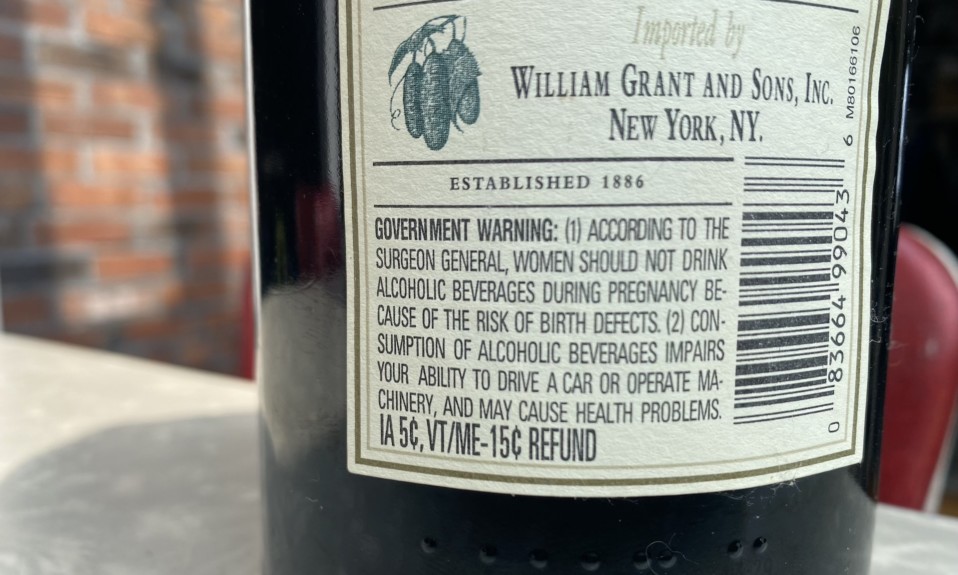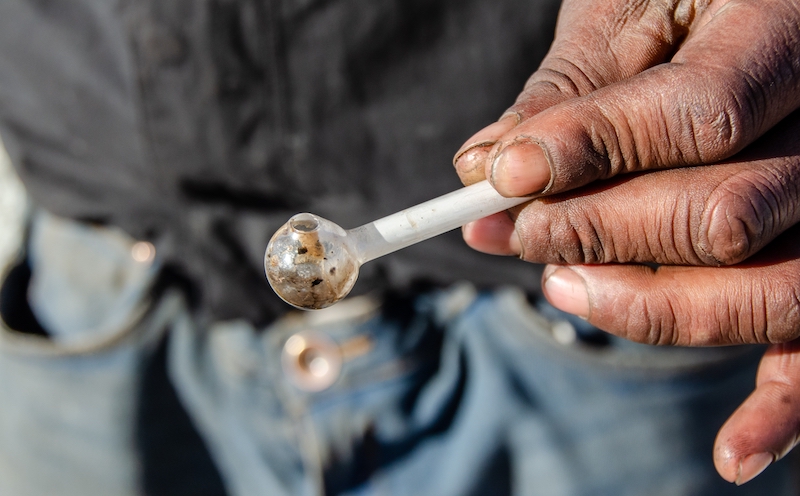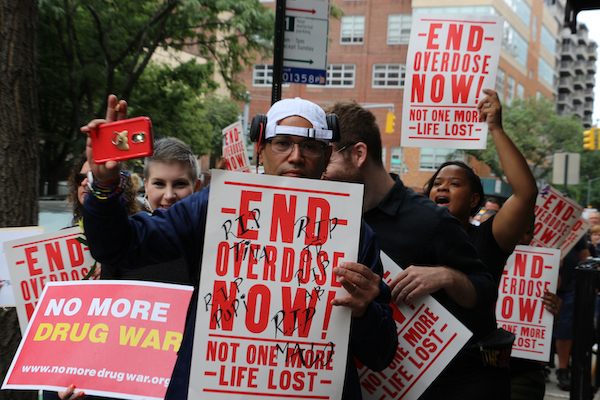| Addiction Treatment Industry Newswire |
  03/25/2014 -ATIN – In a signal that high pricing for buprenorphine-based drugs some have called monopolistic may start to be coming to an end, Suboxone maker Reckitt Benckiser is considering a sale of its pharmaceutical unit. British-based Reckitt Benckiser, like the iconic Johnson & Johnson here in the U.S., has a pharmaceutical unit but is chiefly a maker of household products such as Lysol. Though unlike Johnson & Johnson, which has a huge pharmaceutical research and manufacturing operation for both over-the-counter and a wide range of prescription drugs, Reckitt Benckiser’s drug unit is a monoline operation whose sole focus is buprenorphine, chiefly its massive blockbuster seller brand named Suboxone. For many years, Suboxone was the only game in town, but now after the drug has gone generic there are a host of companies seeking to move into the market, with two generic offerings already available with possibly even more down the road as the global demand for buprenorphine-based drugs explodes. While no final decision has been made to seek a sale of the Suboxone business, Reckitt Benckiser may see the writing on the wall in terms of increased competition and already 2013 profits were down rather sharply at Reckitt Benckiser’s pharma unit. 03/25/2014 -ATIN – In a signal that high pricing for buprenorphine-based drugs some have called monopolistic may start to be coming to an end, Suboxone maker Reckitt Benckiser is considering a sale of its pharmaceutical unit. British-based Reckitt Benckiser, like the iconic Johnson & Johnson here in the U.S., has a pharmaceutical unit but is chiefly a maker of household products such as Lysol. Though unlike Johnson & Johnson, which has a huge pharmaceutical research and manufacturing operation for both over-the-counter and a wide range of prescription drugs, Reckitt Benckiser’s drug unit is a monoline operation whose sole focus is buprenorphine, chiefly its massive blockbuster seller brand named Suboxone. For many years, Suboxone was the only game in town, but now after the drug has gone generic there are a host of companies seeking to move into the market, with two generic offerings already available with possibly even more down the road as the global demand for buprenorphine-based drugs explodes. While no final decision has been made to seek a sale of the Suboxone business, Reckitt Benckiser may see the writing on the wall in terms of increased competition and already 2013 profits were down rather sharply at Reckitt Benckiser’s pharma unit.
Reckitt Benckiser Critics While many have criticized the high prices of Suboxone and the enormous profits the drug has brought Reckitt Benckiser, sales in the U.S. alone have reached clear blockbuster levels of over $1.5BLN a year, it is important to remember the important role and huge expenditure of time and money that Reckitt Benckiser brought as it  Virtually Replaced Methadone As a detox step-down drug, burprenorphine has virtually replaced methadone throughout the rapidly growing detox part of the addiction treatment business. That is not to say that methadone has, or will, entirely disappear as addiction docs say it is still and always will be a useful tool to have in their medical toolkits. And new mostly for-profit aggressive addictions entrepreneurial ventures have popped up all over the country where chains of addictions medical specialty clinics have opened whose chief business is Suboxone maintenance, but also to offer other addictions meds like anti-craving med VIVITROL whose chief active ingredient is naltrexone. These clinic chains clearly hope to take advantage of the increasing medicalization of addiction treatment as a wider array of addictions meds become available down the road. There are now more addictions drugs in commercial development than at any other time in history, but still only just a tiny few that are FDA approved and only two, methadone and Suboxone, that are in widespread use with quite large annual sales. Entrepreneurially Driven Addictions Meds Chains… That doesn’t mean that the new environment has completely changed things. One of these entrepreneurially driven addiction specialty medical clinic chains, fast growing Clean Slate, has run into some serious NIMBY issues in New England. Clean Slate opened an office in a town that desperately needed the services being rendered, very quickly growing census at the new clinic to over 400 clients who saw docs to be administered Suboxone and VIVITROL mostly. But that was until neighboring businesses and homeowners – the clinic was located appropriately in an office complex in which plenty of other medical enterprises are lodged – got wind of the new Clean Slate operation and flooded the local state politicos with complaints. At nearly 50 calls and emails, one state rep said he had never been confronted in all his time in office with more complaints on any issue. Mayoral Pretext The town’s mayor has used the pretext that Clean Slate had not gotten the proper new business permits from the city – Clean Slate said it applied for all required run-of-the-mill new business paperwork months ago – and has ordered the new Clean Slate clinic closed. That has left some very desperate clients high and dry to get their meds, their only option to board a bus provided by Clean Slate and drive 2-hrs each way to be serviced at Clean Slate’s nearest clinic This in an environment where all agree – city and state officials, politicians and residents and businesses – that addiction has reached epidemic proportions in the area and that solutions and treatment options are desperately needed. The More Things Change… The French have a saying: plus ca change plus c’est la meme… roughly translated that means… the more things change, the more things stay the same. Even with the sea change from the methadone clinic model that Suboxone-based opiate care has represented, and the many tens of millions and a decade of fighting by Reckitt Benckiser that made that possible, the same old road blocks appear to block access to needed addictions care. POST YOUR COMMENTS BELOW… start a debate! Got Addiction News? …TELL US! |












